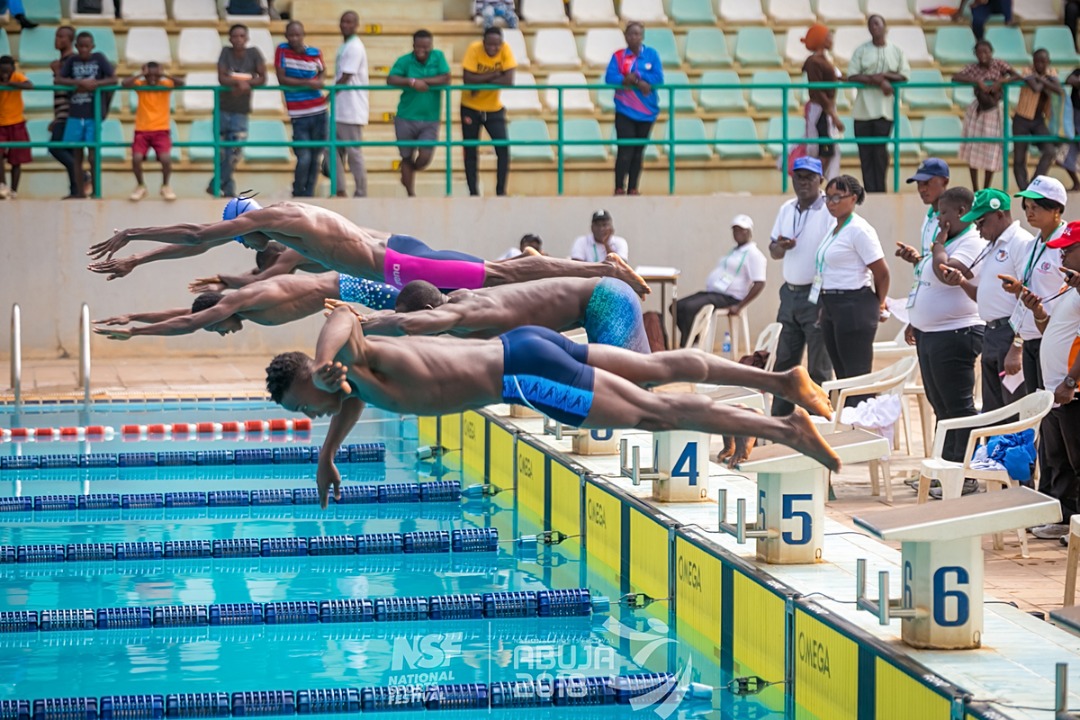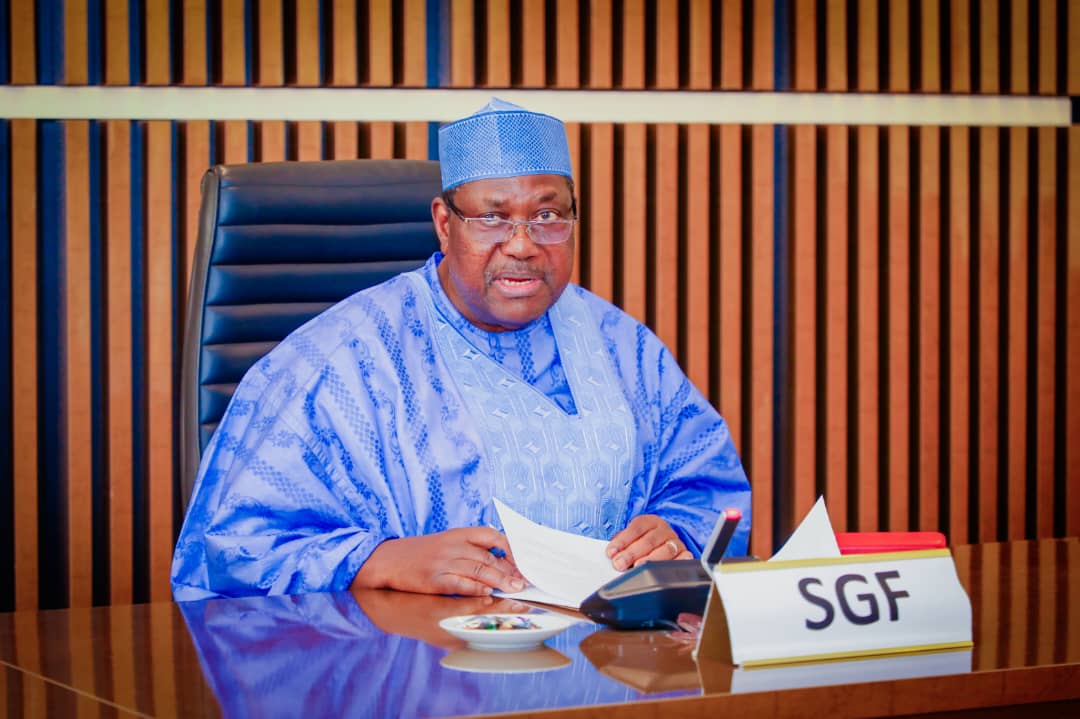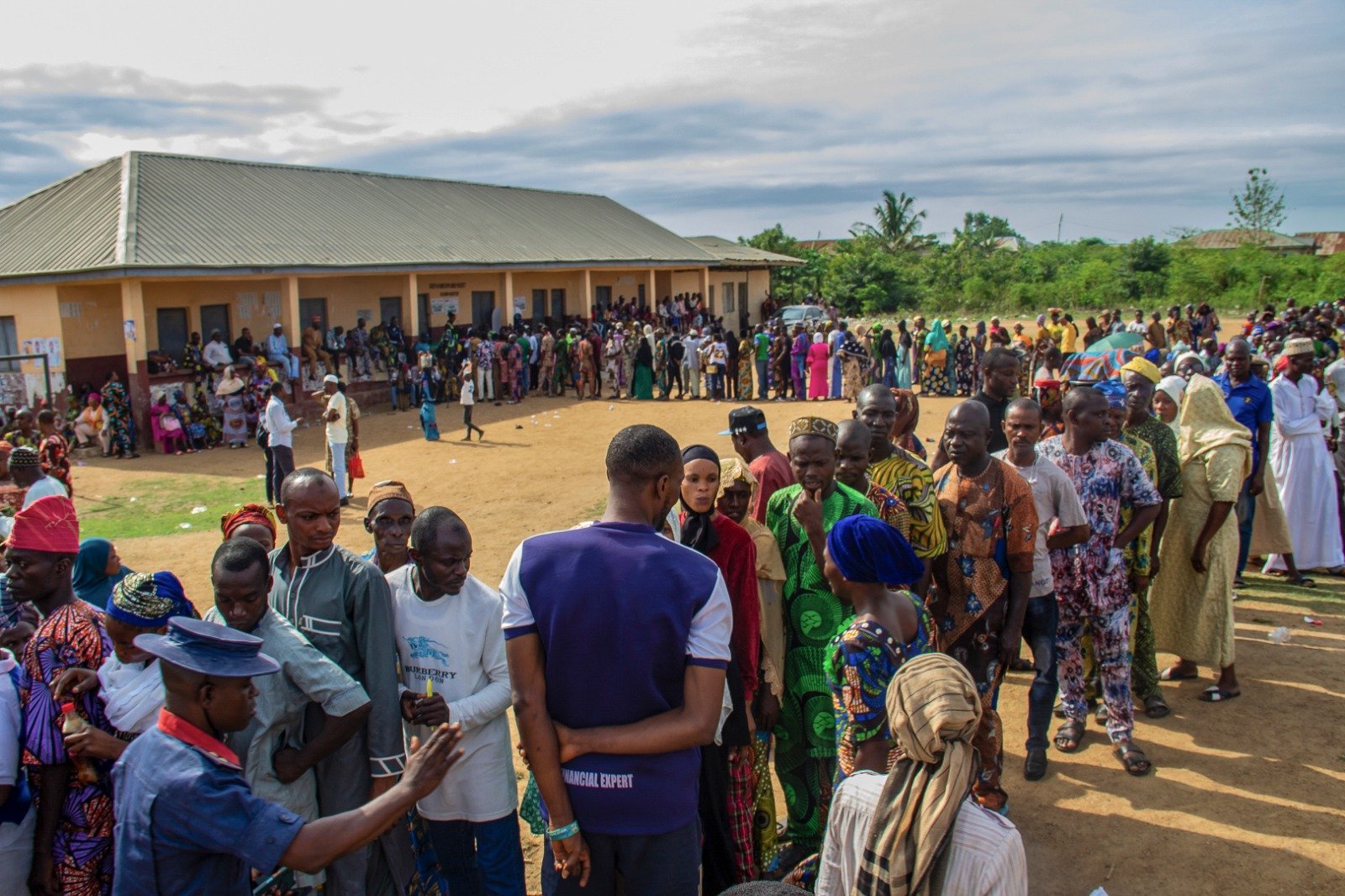The 2024 Paris Olympics Games ended on Sunday in a blaze of glory. The French gave their elevated understanding of beauty and creativity while Hollywood gave a little snippet of what awaits the world in Los Angeles in four years’ time.
The Olympics wasn’t just about games, it was about doggedness and discipline, it was about the capacity of humanity to push the body beyond human elasticity and achieve results beyond the attainment of ordinary humans, it was about people who wanted to put their names in the stars and affect human memory ever after.
Nigerians are aghast that no athlete from the Nigerian team made it to the podium, after N12bn spent on just over 80 of them, belatedly. Some Nigerians did though, they came with the rest of the world where their talents were oiled for success. It would have been a major testimony if we won a medal, just any medal. The journey of failure remains the superstructure of our daily existence, especially at the level of governance.
All the while, watching the Nigerian contingent in Paris reminded me of the Beijing 2008 Summer Olympics, not because of the sprint master, Usain Bolt or the American swimmer that enjoys water more than fish, Michael Phelps, but because of a peculiar Nigerian story which ace sports journalist, Onochie Anibeze, we fondly call coach, shared with us.
Advertisement
According to the story, it was time for Nigeria to do a particular race and organisers were calling former Nigerian sprinter, Innocent Egbunike, to come and prepare his team. Unfortunately, Egbunike came with the American contingent, not Nigeria’s and therefore would not be able to do anything for Nigeria at the time. We just needed somebody to organise them, the organisers informed, because they will get on the field and won’t have their things properly put together, their jerseys may not be of the same colour. Several Olympics later – London, Rio, Tokyo and now Paris, Nigeria has hit the nadir of sports failure. We hardly disappoint the world.
Not only that, there is something about Nigeria which gives the impression that the world must wait for us to get up and get going. And because the world has no room for tardiness, even very small countries like Saint Lucia with a population of 186, 856 and Botswana, a population of 2, 719, 694, have sprinted ahead of the self-acclaimed giant of Africa that used to dominate in sprint, boxing, weightlifting and football. Nigeria’s population is presently guesstimated at 232, 679, 478. Yes. In everything, we guess. In everything, we joke.
Thank God for D’Tigress and Coach Rena Wakama, the country’s memory at the Olympics would nearly have been obliterated!
Advertisement
Paris only provided a global screen for the world to look at our tardiness as a nation. There are things happening in order sectors, that viewed collectively, will nearly run us to the conclusion that this country ain’t going anywhere yet.
At the same time that the Olympics was in full swing in Paris, some Nigerian officials were meeting with representatives of the International Telecommunications Union (ITU) in Abuja. That meeting would have gone unnoticed but for some very little news that filtered out of the meeting location at Mbora in the Federal Capital Territory.
While Nigeria was previously seen as a gold fish in providing regulatory standards for the global community, a new study by the ITU which was presented at the meeting, points to the contrary, requesting the Nigerian government to provide clarity in whom the international community and businesses should deal with because of regulatory overlaps of agencies that seem to be functioning in the same sector.
Some of the agencies identified in the document include but not limted to: Nigerian Communications Commission (NCC), National Information Technology Development Agency (NITDA), National Broadcasting Commission (NBC), National Identity Card Management Commission (NIMC) and National Office for Technology Acquisition and Promotion (NOTAP).
Advertisement
The study, Collaborative regulation: Accelerating Nigeria’s digital transformation, was to help Nigeria prepare for the next phase of growth in the fast expanding digital ecosystem. All of a sudden, a country that used to receive high level invitations to speak at international conferences concerning the exponential growth of its telecommunications industry, has come under the radar, needing help, obviously.
“For over twenty years, ITU and our partners in the wilder global regulatory community have made enormous progress in analysing, mapping and understanding the evolving role that regulation plays in society and in economies. Through this effort, we now have a clear-eyed view of the path ahead for all countries, no matter where they are, in their journey towards fifth generation collaborative digital regulation, or G5, that has emerged as the gold standard for regulators and policy makers seeking to promote an enabling environment for digital transformation. The G5 framework marks a shift of scope beyond a narrow consideration of telecommunications/ICT to a far broader one of each country’s readiness to exploit a fully enabled digital economy and society,” said Dr Cosmas Luckyson Zavazava, Director, Telecommunications Bureau (BDG), International Telecommunications Union (ITU), as he explained some of the activities of his organisation.
The study points out some level of unwieldiness and contradictions in the entire ecosystem that need to be addressed urgently if Nigeria is to rise beyond the level of old glory to attain new heights.
The study also observes that “there is currently a proposed NITDA Amendment Bill (2022), which is expected to repeal the 2007 Act. An overriding objective of the NITDA Amendment Bill is “to create an effective, impartial, an independent regulatory framework for the development of the Nigerian information technology sector and support the develoment of the digital economy” including through promoting access, research, consumer protection, and innovation, amongst others.
Advertisement
In proposing a clear approach towards G5 regulation, the study suggests that “the institutional frameworks should support role clarity, policy coherence, and lean governance. While responsibility for digital transformation at the federal level is shared between the Federal Ministry of Communications and Digital Economy agencies (such as NCC, NBC and NITDA), there are a large number of other government agencies that impact digital transformation and e-government implementation, which leads to issues of responsibility overlaps and ineffective coordination. In instances where there are overlaps, gaps or lack of clarity, as in the case of NCC and NITDA, there is a need to clarify uncertainty, take steps to reduce forum shopping, and address ineffective policy implementation,” the document stated.
Interestingly, the study predates the National Digital Economy and E-Governance Bill 2024, introduced by current minister of the Communications, Innovation and Digital Economy, Dr Bosun Tijani. The Bill is described as an Act to enable the growth of Digital Economy and digital governance in Nigeria.
Advertisement
Under the APC administration, two Bills have been introduced into the digital ecosystem, the NITDA Amendent Act 2022 by Isah Pantami and the recent one by his successor. They must have their reason that concentrates efforts on Bill making to harvest the fortunes of what seems a ready made industry. That is what they call low hanging fruits.
Beyond the superficial good intentions are the subterranean plans that polarise the agencies and industry and make them easy targets for a ministry and supervising ministers whose intentions are difficult to justify. The Bills seek to whittle down the regulatory powers of existing agencies and subordinate them to the whims of new laws being dressed up at the National Assembly. Bosun’s National Digital Economy and E-Governance Bill, actually suggests that only the Nigerian constitution will take precedence over the Bill when passed. Were the National Assembly to go beyond superficiality, they will throw the Bills away, or at best, hammer them into shapes that will enable them function justifiably in their respective fields.
Advertisement
Without doubt there is growing confusion in a sector that was examplary in the past. The ITU which promoted Nigeria as a model of good regulatory jurisdiction, has, in the study, asked the Nigerian government to make intervention that can restore the industry back to its glory days and position it for the digital opportunities ahead.
Advertisement
Views expressed by contributors are strictly personal and not of TheCable.
Add a comment











